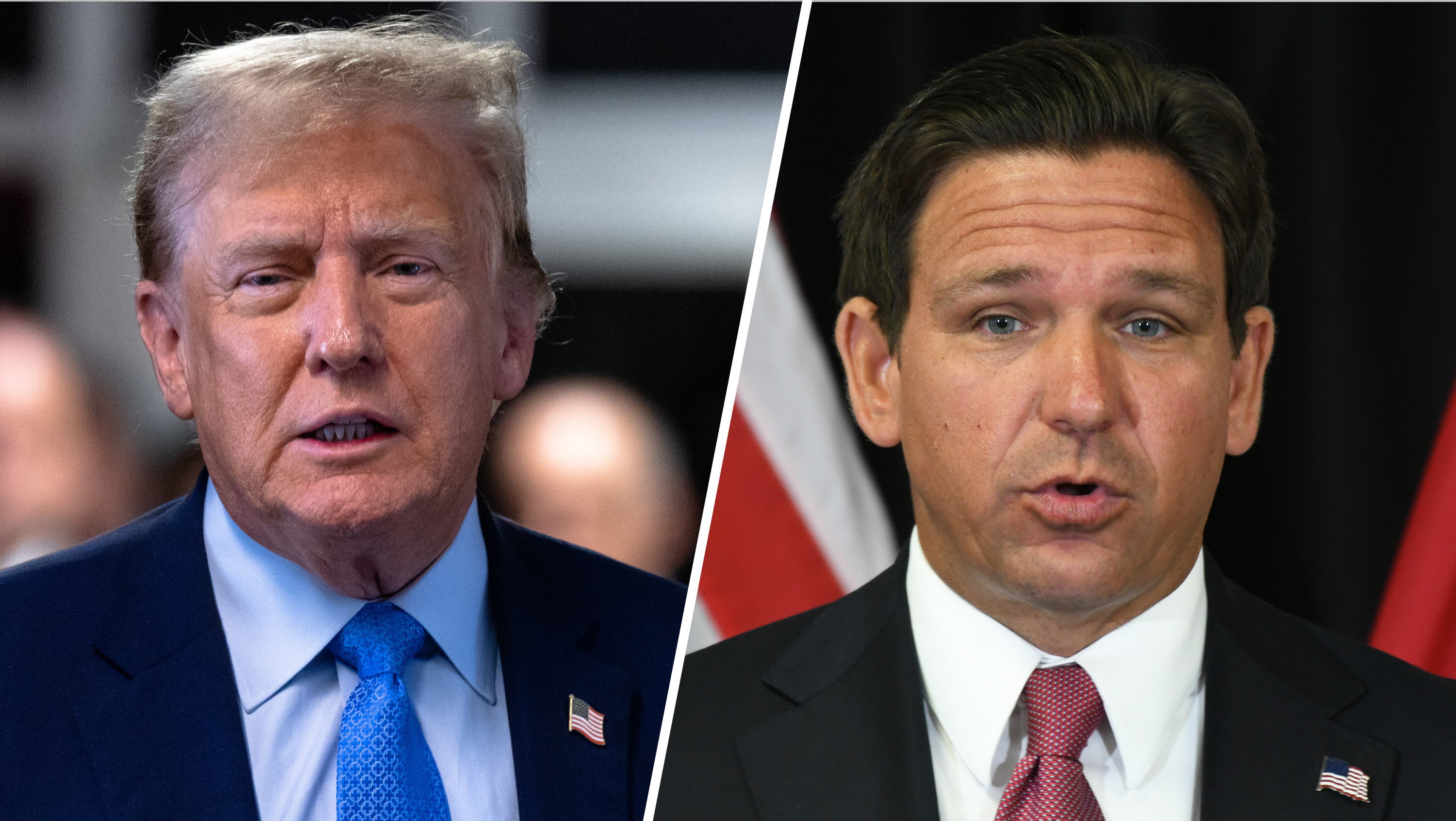Not since 1972 has a Republican won a U.S. Senate seat in Massachusetts. The state has no Republican House members. Nearly 90 percent of the state legislature is Democratic. In the past five presidential elections the Democratic candidate has won an average of 63 percent of the state’s vote.
Yet polls in this most Democratic of states show a tossup in Tuesday’s special Senate election between Democratic candidate Martha Coakley and Republican Scott Brown.
Massachusetts voters on Tuesday could change the American political landscape by putting at risk President Barack Obama’s signature first-term legislation — health insurance reform — which needs to get 60 votes in the Senate to pass.
“I would be the 41st vote (against moving to a final vote on the Democrats bill). I would actually stop it,” Brown has said.
Here are four scenarios of what might follow from Tuesday’s results in Massachusetts:
- If Coakley wins, Democrats will breathe a sigh of relief and welcome her arrival in the Senate to keep their filibuster-proof majority intact.
Analysts will debate whether Obama’s eleventh-hour appearance in Massachusetts on Sunday to campaign for Coakley made the difference in rallying support for her — something his campaign appearances did not do in gubernatorial races last fall in New Jersey and Virginia.
Politics
There is evidence in a recent Suffolk University poll that linking Obama’s name to health insurance reform increases support for the idea among Massachusetts voters.
When asked in the poll whether they support “the proposed national near universal health care law,” 36 percent of the poll respondents said they did. But when the same sample of voters was asked whether they support “the health care reform plan proposed by President Obama and the congressional Democrats,” 47 percent said they supported it.
Yet even in heavily Democratic Massachusetts, there is less than plurality support for the insurance reform that Obama has spent months touting.
And beyond Massachusetts the polling trend is worse: national polls tracked by Pollster.com show support for the Democrats’ insurance reform stuck at about 40 percent while opposition is around 53 percent and has continued to build since last spring.
- If Coakley wins by a tiny margin, it will rattle Democratic incumbents in other states.
Instead of being an issue that generates support for Democrats, health insurance reform would look more and more like a liability.
House and Senate Democrats in Republican-leaning states and congressional districts who voted for the insurance overhaul would have even more reason to wonder if they and the president made the right choice by deciding to take on insurance reform as their all-consuming priority.
A mistake to make insurance reform the priority?
Some have already come to that conclusion. “I think it was a mistake to take health care on as opposed to continuing to spend the time on the economy,” Sen. Ben Nelson, D- Neb., told a home state newspaper, the Fremont Tribune, two weeks ago.
“I would have preferred not to be dealing with health care in the midst of everything else, and I think working on the economy would have been a wiser move,” he said.
The Massachusetts electorate, especially in a special election, may bear little resemblance to this November’s electorate in Colorado, Arkansas, or Ohio — all of which have tight Senate races this year.
But parts of the state can be useful indicators for sentiment elsewhere. The non-partisan Cook Political Report noted last week, “Even if Coakley does win by several percentage points, it is likely Brown will carry at least several congressional districts in the state. That’s a scenario sure to frighten plenty of Democrats in other states who must defend far more marginal territory this fall.”
- If Brown wins, it would end the Democrats’ filibuster-proof Senate majority and jeopardize Obama’s insurance legislation. "If Scott Brown wins, it'll kill the health bill," said Rep. Barney Frank, D- Mass., last week.
Invoking his 2008 “fired up and ready to go" campaign slogan, Obama on Sunday told Democrats in Boston “I need you more fired up in this election.” But a Brown victory would indicate that there’s something that is dampening — not firing up — the Democratic electorate.
If Browns wins, there will be second guessing of Coakley as a candidate. Maybe, some will argue, it was Coakley's missteps and sluggish general election campaigning rather than health care reform that put voters off.
But other analysts will say the Tuesday outcome serves as a proxy for national opinion and that a Brown victory should tell Democrats to scale back their insurance overhaul and negotiate a more modest version with Republicans such as Sen. Olympia Snowe, R-Maine, who voted in the Senate Finance Committee for some elements of the Democrats’ bill.
Even if they lose their 60-vote supermajority in the Senate, Democrats have other options.
Rep. Chris Van Hollen, D-Md., chairman of the Democratic Congressional Campaign Committee, told Bloomberg News, “Even before Massachusetts and that race was on the radar screen, we prepared for the process of using reconciliation” to pass the insurance bill.
Reconciliation — a Senate procedure used to enact budget and revenue measures — "is an option,” Van Hollen said.
But as Sen. Kent Conrad, D-N.D., pointed out last summer, “Reconciliation was never designed to write substantive legislation. It was designed solely for deficit reduction.”
Conrad added that the Senate parliamentarian “said to us that if you try to write substantive health reform in reconciliation, you'll end up with Swiss cheese.” Under Senate rules, any non-budget provision could be stricken from a reconciliation bill; Democrats would still need 60 votes to bypass that rule.
Democrats have yet another option: they could pass their insurance overhaul before Brown is sworn in.
Massachusetts Secretary of State William Galvin said certifying the election results could take more than two weeks. During that period Sen. Paul Kirk, D-Mass. the appointed replacement for Sen. Edward Kennedy, remains a member of the Senate.
But Frank last week rejected the notion that Democrats might stall the certification of Brown as the winner if he prevails on Tuesday. “There isn't the slightest possibility of it happening, (or) a way of doing it. That is conspiracy theory at its most contemptible," Frank told the Washington Times.
One other option is that the House could simply pass the bill the Senate passed on Christmas Eve. But certain parts of that bill – such as a tax on high-premium insurance plans -- are repugnant to many House Democrats.
- If there is a disputed ballot count, Democrats might still be able to pass their bill, since Kirk will hold the seat until his successor takes office.
Under Massachusetts law, a recount can be called only if the margin of victory is no greater than one-half of one percent.
The U.S. Constitution says the Senate “shall be the Judge of the Elections, Returns and Qualifications of its own Members.” So an election dispute might wind up on the Senate floor.
In 1975, the Senate was snarled for eight months over a disputed Senate election in New Hampshire. In the end the Senate voted to declare the seat vacant and the state conducted a new election. A reprise of 1975 seems unlikely — but then again, a tight Senate race in Massachusetts seemed unlikely just a few weeks ago.



